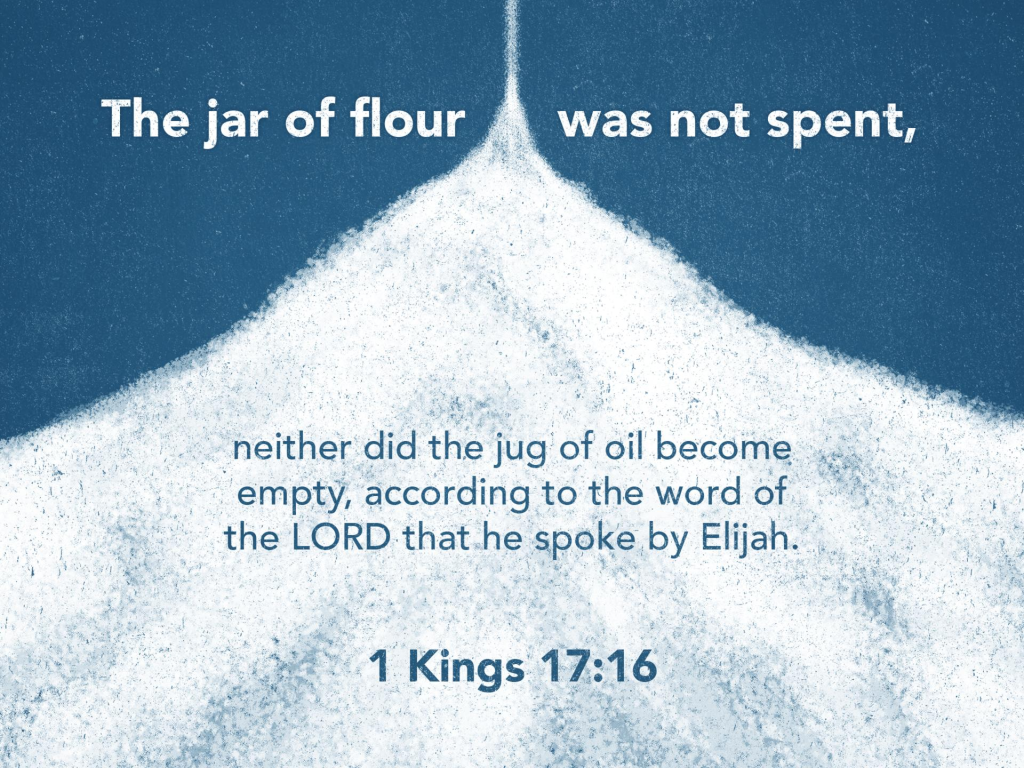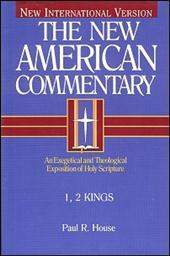This 365-day devotional walks you through the Bible in a year, following a custom reading plan that delves into the stories of the Bible from five unique perspectives.
June 18: What Is Love?
Ezra 5:1–6:22; 1 John 3:19–24; Psalm 106:30–48
I find it easy to talk about myself. I like to get to the root of why I act the way I do. Sometimes this is helpful—it helps me nail down where I struggle. But this tendency also reminds me that I’m geared inward.
The danger is that I often filter others through the sieve of my experience. Our culture encourages the mindset that other people ought to make us feel good about ourselves and help us fulfill our dreams. In this mindset, our relationships ultimately become about self-fulfillment.
John squashes this idea. He tells the recipients of his letter, “Little children, let us not love with word or with tongue, but in deed and truth” (1 John 3:18). He’s not saying we should refrain from expressing love and care through words. But displaying love—putting others’ needs before our own—requires much more of us.
John doesn’t go on to define love. However, he does describe the ultimate example of love: “We have come to know love by this: that he laid down his life on behalf of us, and we ought to lay down our lives on behalf of the brothers” (1 John 3:16). Love is best displayed in the cross, not in poetry and with eloquent words that demonstrate more about ourselves than actual, concrete care for others.
The love displayed on the cross is a reminder that we aren’t meant to lead comfortable, self-focused lives. Jesus’ actions show us that love isn’t merely emotion—it’s sacrifice and self-denial. We live to love both God and others, and that’s best done with actions that serve.
Are you really loving the people around you?
How can you love them better?
Rebecca Van Noord
Barry, J. D., & Kruyswijk, R. (2012). Connect the Testaments: A One-Year Daily Devotional with Bible Reading Plan. Lexham Press.












